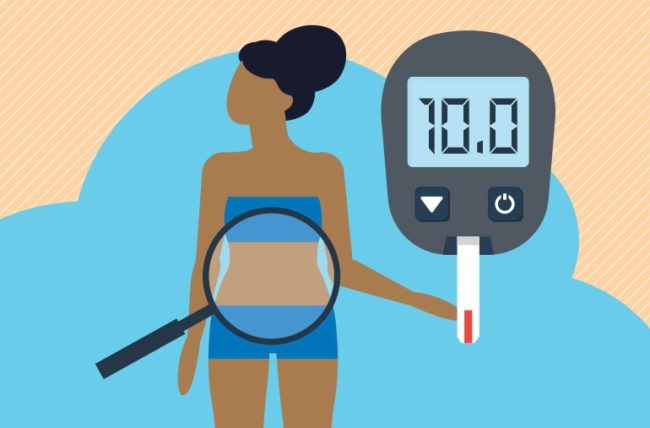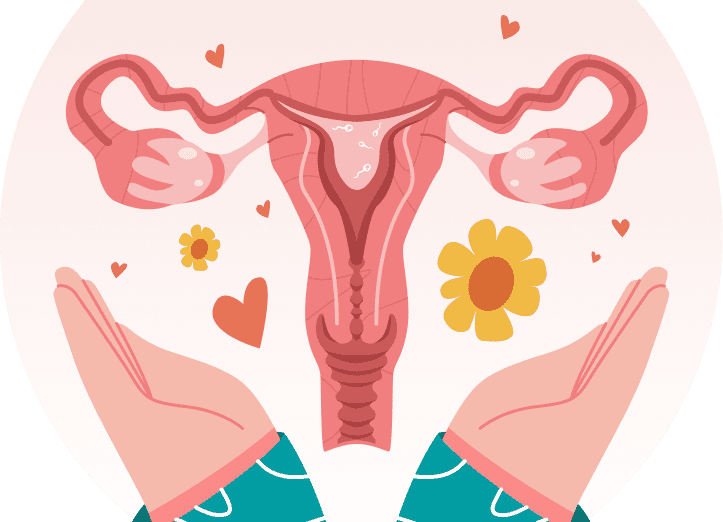PCOS, an endocrinological disorder, can be linked to diabetes. While the link is not proven, women with PCOS have the tendency to get symptoms of diabetes.
PCOS causes irregular periods and infertility in women. Experts are not sure of what causes it, but they do know that women who have PCOS have a higher risk of type 2 diabetes, a condition that affects how the body manages blood sugar. It is important to understand both conditions to understand the underlying potential threats.
PCOS is a relatively common disorder, occurring in around 1 in 10 women of childbearing age. In fact, women who experience PCOS in young adulthood are at an elevated risk for diabetes and, potentially, fatal heart problems, later in life.
Understanding the Connection and Risk Factors
One factor is insulin resistance. Insulin resistance creates an adverse reaction involving the endocrine system, affecting PCOS. This results in type 2 diabetes and women who had PCOS were more likely to develop type 2 diabetes than women who didn’t have PCOS. Obesity is another important risk factor. Diabetes can be tracked and managed through physical exercise and a mindful nutritious diet. It’s also been shown to help with symptoms associated with PCOS. A balanced diet is also key to helping to reduce the risk of diabetes and to managing weight. Make sure to include whole grains, lean proteins, healthy fats and plenty of fruits and vegetables. Exercise helps the body burn off excess blood sugar because exercise helps bring the weight down to a normal weight, allowing the body to use insulin more effectively, benefitting people with diabetes as well as women with PCOS. With this recognized connection, it is highly recommended that women with PCOS get routine checkups for type 2 diabetes earlier and more often than women without PCOS.

PCOS & Gestational Diabetes
PCOS can also lead to gestational diabetes, which occurs when women develop glucose issues during pregnancy. This can cause birth complications such as premature birth, breathing issues, jaundice, and more. Some other symptoms that one should be aware of are fatigue, increased hunger, thirst, frequent urination and patches of darkness or pigmentation on the skin.
Managing PCOS and Type 2 Diabetes
To help ease the symptoms of both conditions, eating a diet full of colourful fruits and vegetables, turkey, low-fat dairy, and fish will ease the symptoms. Knowing what to limit is equally important. Foods such as processed meats, carbohydrates, and refined sugar should be avoided.
Treatment for PCOS typically involves using birth control pills. These can help regulate the menstrual cycle and hormone levels, reducing PCOS symptoms.
Metformin is a common treatment for type 2 diabetes. It may also help treat PCOS symptoms because it reduces insulin resistance. As the body starts to process more blood glucose, it may also produce enough insulin to meet a person’s needs. As the body regulates blood glucose levels naturally, a person with diabetes may be able to take less medication.
Treatments for type 2 diabetes can include medication that helps the body’s insulin work more effectively and lower levels of blood glucose. Your doctor may also recommend insulin injections. As a key takeaway, certain lifestyle changes and medications can help you manage your health. If you have PCOS or diabetes, talk to your doctor about which treatment options will work best for your particular situation.




















Share this article